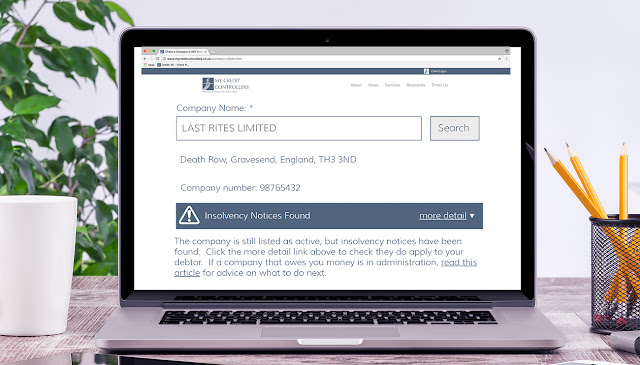A retention is a percentage of the value of a construction contract which is held back by the client as an assurance that the project will be completed and as a safeguard against defects which may subsequently develop and which the contractor or subcontractor may fail to remedy. Retentions can be held first by the client employing the main contractor and this typically filters down into all sub-contracted work on the project throughout the supply chain as the contractor applies retentions to its own subcontractors.
It is not uncommon for a tier 1 main contractor to have 50-70 tier 2 subcontractors on a project. In complex projects, it can be that tier 2 businesses subcontract in turn to a tier 3, of possibly 30 subcontractors for a total of 1,800 companies in tier 3 of a project. Government estimates the total amount of money being held in retentions in a given year at around £4.5 billion.
Retention payments are normally split into two halves. The first half is paid to the subcontractor when then works are completed - termed 'practical completion'. The second half is then held back for what is known as a 'defects liability period', typically lasting 12 months. During this time the subcontractor is expected to return to site to put right any problems that have been identified with their work.
The amount of the retention varies depending on the type of contract, its value and the industry sub-sector, but the average value is 5% of the contract value.
Concerns have been expressed by many in the construction supply sector chain that unjustified late and non-payment of cash retention has serious negative impact on small businesses. Independent research commissioned by the government confirms this view:
- Delays in paying retentions appear to be commonplace, with average delays of several months.
- The delays in payment of retentions get longer the further down the supply chain a business operates.
- Subcontractors further down the supply chain were also much more likely to be affected by non-payment of retentions
- Amendments to the Construction Act made in 2011 made it unlawful for a contractor to withhold retention payments from a subcontractor from one contract based on their performance on another contract. However, the research found evidence that a number of businesses continue to link the payment of retentions to the subcontractors performance on other contracts.
- Subcontractors are exposed to the risk of upstream insolvencies, where a business in the supply chain above them goes insolvent. Retention money is not ring-fenced, but instead is kept in the general bank account, so the subcontractor would become an unsecured trade creditor like any other, with little prospect of recovering the money.
- Some retentions are set at an onerously high rate (well above the average value of 5%), and for unreasonable durations on the defects periods
In late 2017, government launched an industry consultation on the practice of cash retention under construction contracts. The consultation aims to
- Assess the efficacy of existing measures aimed to help with late payment, measures such as the Prompt Payment Code and Construction Supply Chain Charter
- Measure how much late or non-payment of retention monies is for genuine reasons, and how much is not justified
- Find out how big a problem it causes when companies go insolvent while owing retentions
- Assess how widespread is the practice of withholding retentions for one contract based on obligations under another contract
Government is also considering some possible measures to help such as a statutory cap on the amount of a retention and the length of the defects liability period and ring-fencing the cash held on retention. Ring fencing could be achieved by having project bank accounts, retention bonds or escrow accounts, or a retention deposit scheme
If you operate in the construction industry and have been affected by late or non-payment of retentions, perhaps you should have your say by completing the consultation. In the meantime, My Credit Controllers has a proven track record in helping subcontractors release unpaid retentions from clients. Why not get in touch to see how we can help?










